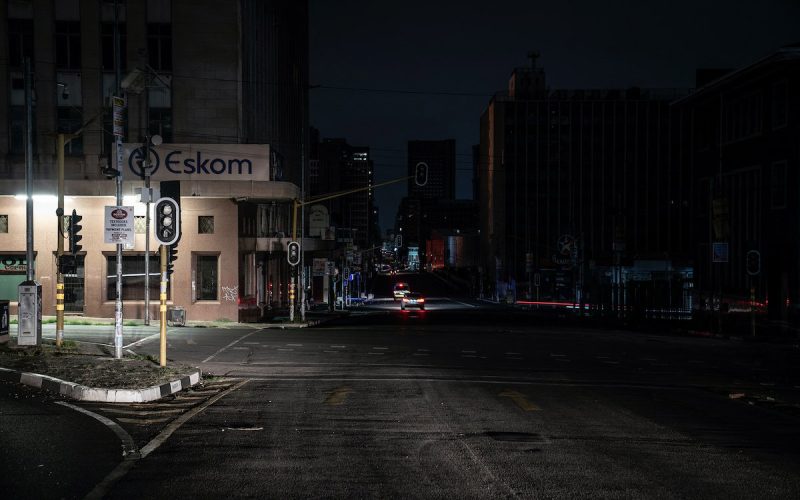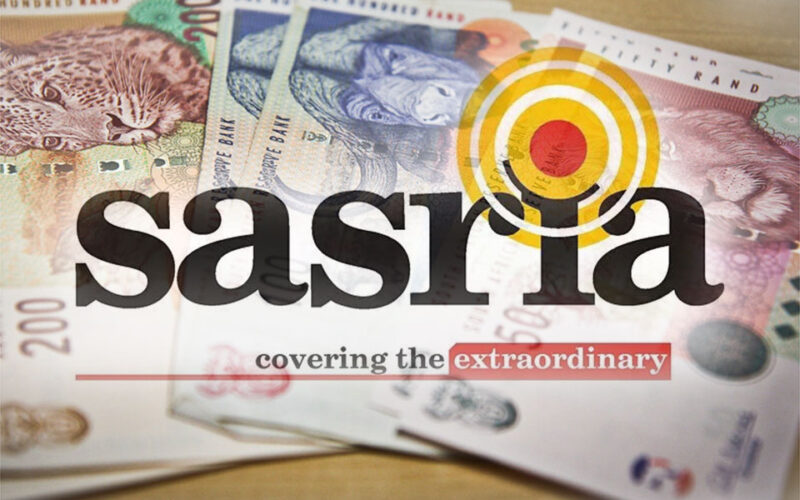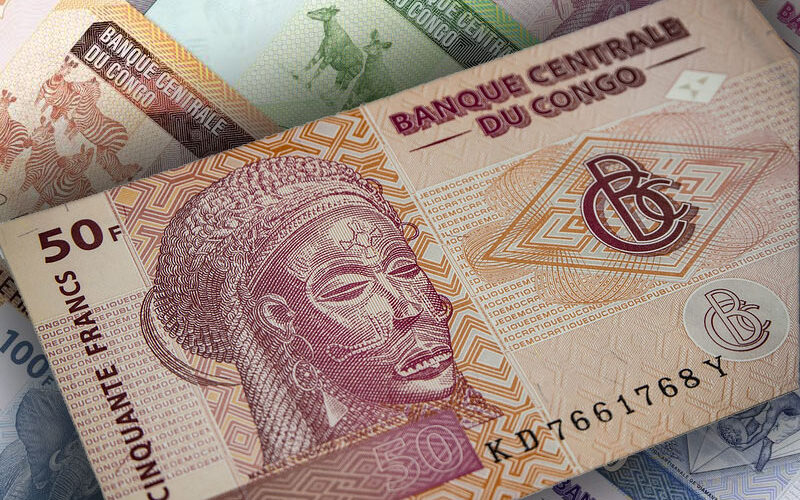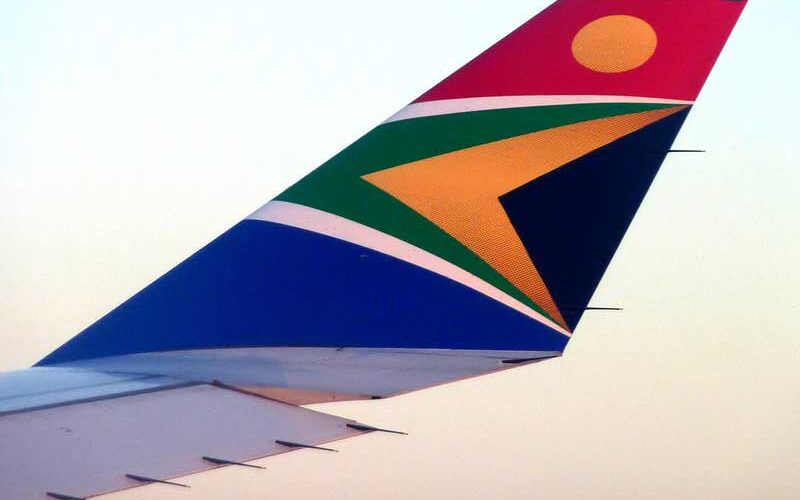
South Africa’s bailout of Eskom won’t end power cuts: splitting up the utility can, as other countries have shown
THE announcement by the South African finance minister, Enoch Godongwana, of debt relief for the country’s troubled power utility, Eskom, is a step forward. It will fix one problem: Eskom has too much debt. But the plan won’t end power cuts which have worsened in recent years. The international experience is that one way to end electricity shortages is to allow competitively-priced privately-funded generation at scale. This requires a reorganisation of South Africa’s electricity market along the lines announced by the Department of Public Enterprises nearly four years ago. The crux of the plan was to split Eskom into three…



